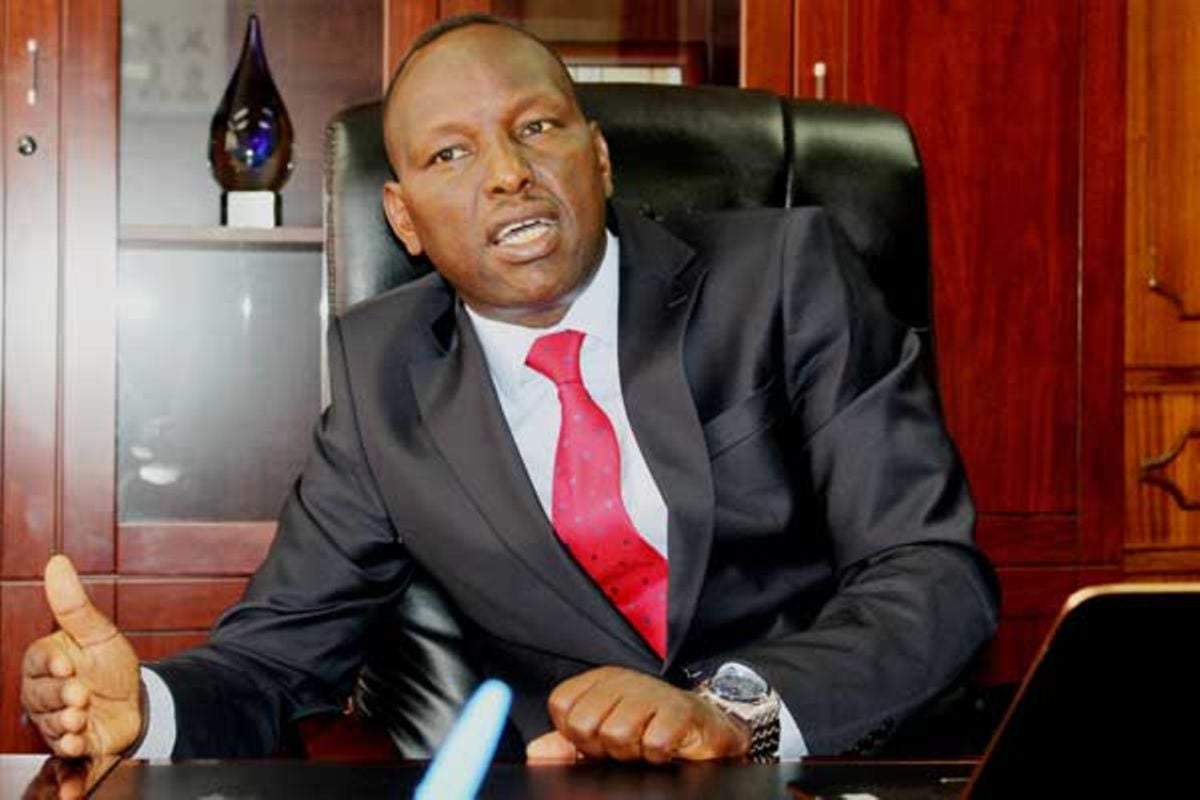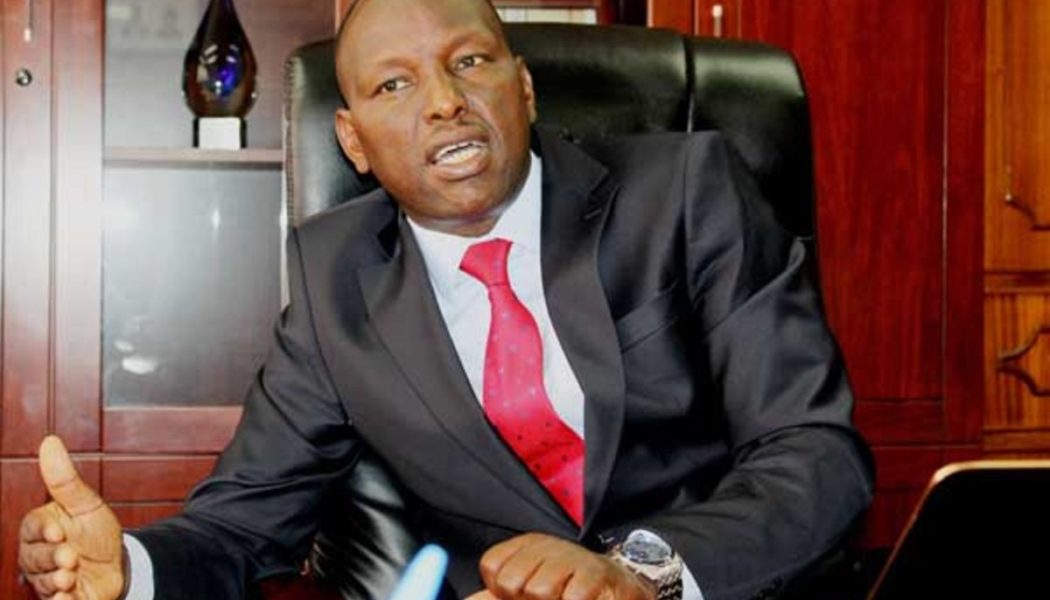
Kenya Literature Bureau (KLB) managing director Victor Lomaria now says his tenure at the parastatal is yet to end.
In response to a suit challenging his stay at KLB, Mr Lomaria said his term was renewed in September 2019 by Education Cabinet secretary Ezekiel Machogu for five years and will expire on August 31, 2024.
He dismissed claims by Catherine Wanjiru Njuguna, who has challenged his stay at KLB and a new organisational structure, stating the Public Service Commission (PSC) approved it in March, before implementation.
He said KLB engaged PSC to review the human resource (HR) instruments and proposed a new structure. In a letter on May 21, 2024, the PSC approved the new structure and directed him to implement it.
“It is, therefore, false and vexatious for the petitioner to allege that the first respondent (KLB) has implemented an HR structure without the requisite approval from the interested party (PSC),” he said.
Ms Wanjiru moved to court seeking several orders, among them a declaration that Mr Lomaria is in office illegally after having completed his second and final term at KLB in September 2022. The petitioner also sought orders to quash a new structure at KLB and appointments the board made, arguing that the move is unconstitutional as the approval of PSC was never sought.
Employment and Labour Relations Court judge Anna Mwaure Ngibuini directed the parties to file their submissions and appear before her on July 27 for mention of the case and to get a judgment date.
Through lawyer Henry Kurauka, Ms Wanjiru said KLB implemented the new structure without involving the staff.
“It is clear that the impugned HR instruments, 2024, which contain the organisation’s structure referred to above, did not undergo any public participation or stakeholder involvement, including the union, non-management employees, management staff, senior management, and board of management,” said Ms Wanjiru.
Mr Lomaria submitted through lawyer Irene Kashindi that Ms Wanjiru has not demonstrated how she has been affected by the changes.
She further said the petitioner had based her case on misleading facts, since the structure was duly approved by PSC.
“The Petitioner’s allegation is not only frivolous and vexatious, but also malicious as it falsely suggests that the 1st Respondent (KLB) has acted without following due process,” Ms Kashindi submitted.
The lawyer added that there is no legal or contractual requirement for an employer to consult an employee in the development of HR instruments and structures as it is left to the employer to set up the necessary structures and instruments that are necessary for the efficient operations of its organization.
Mr Lomaria also defended the appointments made by the board saying ethnicity and ethnic balance were factored in and that KLB board took into account the qualifications, performance, suitability, seniority, and experience of the appointees in making the temporary appointments under the new organisational structure.
The court was informed that although KLB is a state corporation, it is a commercial enterprise that is self-dependent and finances all its operations from internally generated resources.
He said any orders stopping the new structure would disrupt plans of publishing, printing, and supplying textbooks that are supplied to about 21,000 public primary schools and about 9,000 secondary schools in the country.
“This is in addition to supplying to the newly established Junior Secondary Schools which are set to start grade 9 in-take in January 2025,” he said.
Separately, another case filed by 35 unionised employees, who accused their employer of discrimination and unfair treatment compared to staff who are not union members, will be mentioned on October 29.
The employees who are members of the Kenya Union of Printing, Publishing, and Allied Workers (Kupripupa) moved to court to compel KLB to pay them Sh16.9 million, which they claim is a salary increment for 21 months.
Justice Kebira Ocharo directed the parties to file their submissions before the mention date.
The employees also wanted the employer stopped from discriminating against them in respect of their employment contracts, audience, and participation as well as pension scheme, among other issues, pending the hearing and determination of the case.









